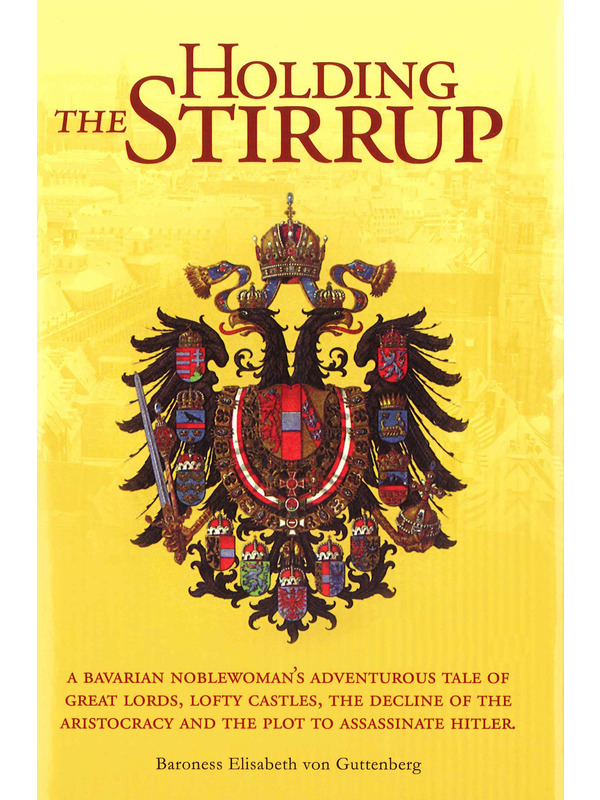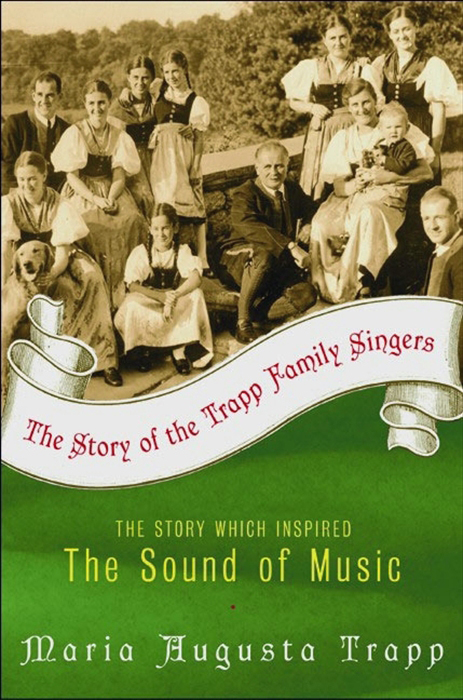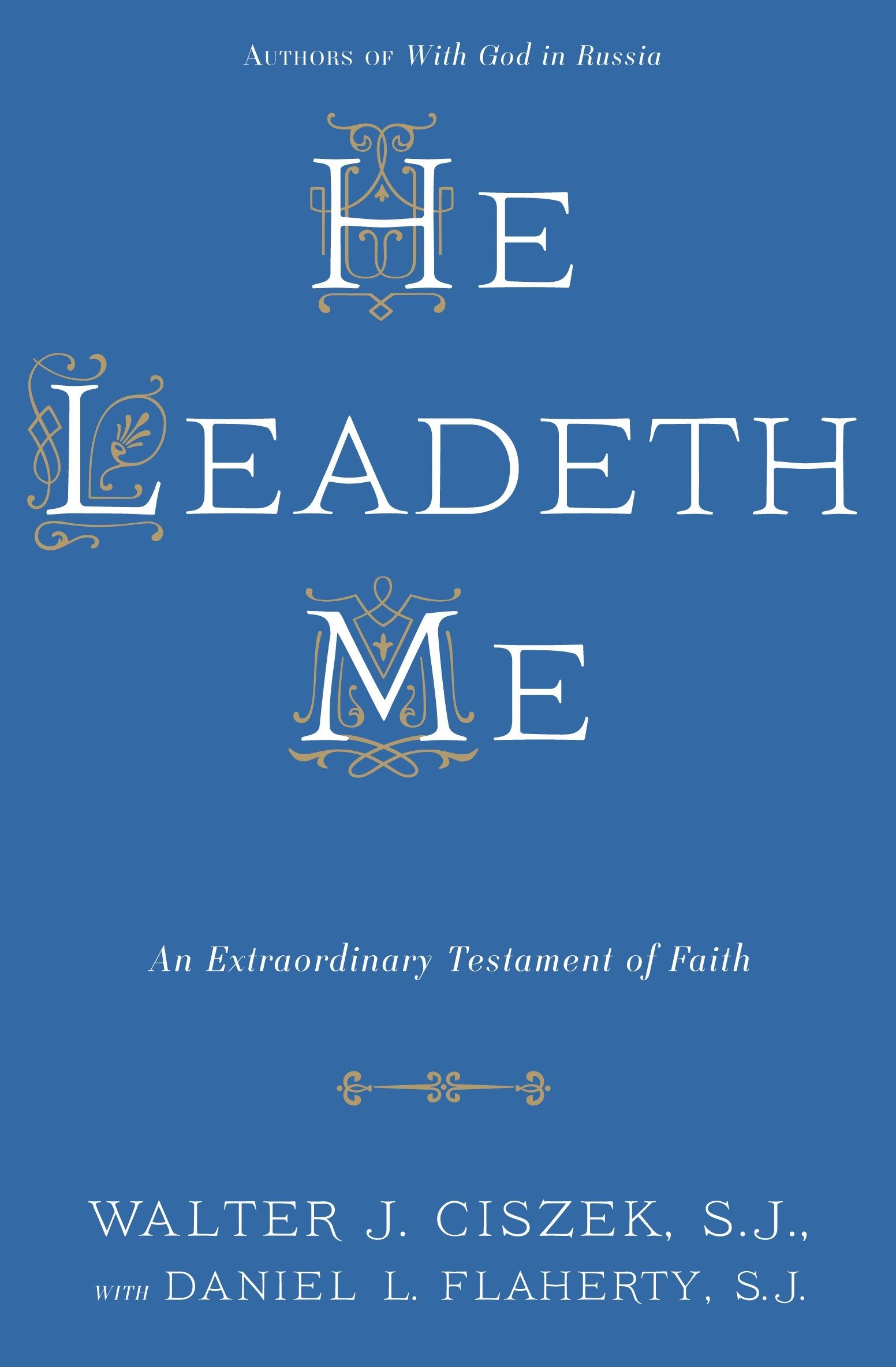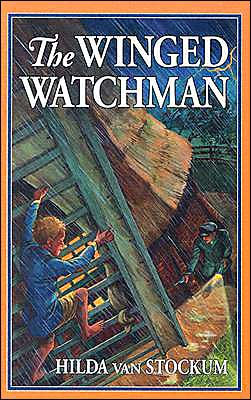Don't miss your chance to invest in 'Fabiola'!
Visit our crowd-funding page to help make Catholic movies!
- Home
- The Importance Of Good Stories
- Best World War II Books
Can't Get Enough Of WWII History? Take Your Spree To The Next Literary Level By Reading The Best World War Two Books
Do you ever get hooked on a historical spree and can't get enough of reading about something? I've been there with the French Revolution, the Middle Ages and the World Wars. I have compiled a list of the best World War Two books that I have read.
The Best World War Two Books
1. The Shadow of His Wings (Germany)
2. Holding The Stirrup (Germany)
3. The Story of the Trapp Family Singers (Austria)
4. & 5. He Leadeth Me, With God In Russia (Russia)
6. Never Say Comrade (Czechoslovakia)
7. Small War of Sergeant Donkey (Italy)
8. The Winged Watchman (Holland)
Here are some short reviews of the best World War Two books out there.
Mature Readers Will Get A Thrill Out Of The Near Death Narrow Escapes That These World War II Adventures Provide
1. The Shadow Of His Wings By Fr. Gereon Goldman
This title sticks out as one of the best World War Two books. Here is a World War II novel that is portrayed from a side that we don't see very often. This story is told from the view of a Nazi SS soldier.
When all the seminarians of his monastery were drafted, Gereon Karl Goldman was forced to change his Franciscan habit for the brown uniform of the German SS. He documented his adventures in his diary which was published under the name The Shadow of His Wings.
Fr. Goldman keeps the reader at the edge of his seat as he retells battles, bombings and the personal dangers he undergoes to bring the dying Holy Communion. He wittily recounts how he was able to withstand the persecution and trials that were set against him by his fellow SS men.
Before his capture by the British army, Goldman's path leads as far away as Rome, where he requests to be ordained as soon as possible. He carries a personal note from the Holy Father which orders the first bishop that he runs into to ordain him.
That first meeting was in a prison camp. This is the incredible true story about a German soldier during World War II whose heart was in another Cause.
2. Holding The Stirrup By Barroness Elisabeth von Guttenburg
This is the romantic tragedy which traces the decline of Catholic aristocratic Germany to post-revolutionary, war-mongering Germany that it became due to the events of World War I. Holding the Stirrup is compromised of the memoirs by Baroness Elisabeth von Guttenberg - wife to an underground hero, cousin to Claus Stoffenburg and friend to the German mystic, Therese Neumann.
The publisher of this book writes that this is "a fond testimonial to a way of life that was critically wounded at Sarajevo and met its death at the hands of Hitler." The baroness shares so vividly memories of parties and a happy country which were phased out into the Third Reich. Elisabeth describes a tearful farewell to the way things used to be - customs, cities and an entire way of life.
3. The Story of the Trapp Family Singers By Maria Augusta Trapp
We are all familiar with this story thanks to the movie, The Sound of Music, but this novel is the original which inspired the movie. Like Holding the Stirrup, this family experienced a change of life due to World War II.
In The Story of the Trapp Family Singers, Maria von Trapp herself shares the story of her romance with Captain von Trapp, his refusal to fight along side the Germans and the family's escape from Austria to make a new life in the New World.
This book takes off where the movie ends! Experience the family's hard times that Maria humorously makes light of.
Chuckle to yourself as you imagine the baron's children hiding from their American neighbors the fact that they do chores. And Maria's slightly ridiculous insistence that her American-born babies will be wrapped in as much lace as their European counterparts.
For this family, World War II opened for them an adventure which leads them to sharing with the States their patriotism through singing.
4. He Leadeth Me And With God In Russia By Fr. Walter Ciszek
One of the last on the list of best World War Two books is the more spiritual than historical work, He Leadeth Me along with its companion book, With God In Russia.
He Leadeth Me is the inspiring account of Servant of God, Fr. Walter Ciszek, a priest who survived the Russian gulag. This is a grueling work not for the faint of heart.
His life in the prisons and labor camps itself was one of hard work, hardly any sleep, and barely enough food to sustain life.
Ciszek describes in detail the trial, sentence, and prison life of a political prisoner in Siberia during the dictatorship of Stalin as hell on earth.
Father Ciszek’s trial as recounted in He Leadeth Me, is comprised only of the interrogations and his signing a prewritten document of his “crimes” (spying for the Vatican).
Father Ciszek describes these sessions which “might…go nonstop for twenty-four hours or forty-eight hours or more…the prisoner got no rest, no sleep, no food at all”.
The sentencing of a political prisoner was unreasonably cruel. Father Ciszek’s said “crimes” were found to be worthy of fifteen years of work in a labor camp in Siberia.
Considering that he was not even from Russia and could not be accused even of treason, this was a very harsh punishment.
Life in the prison camps themselves was the worst part of the entire life of being a political prisoner during World War II.
The work was hard. The prisoners were expected to preform it non-stop all day long. They were given just enough to live on. If they worked harder than normal, they were given extra food. If they worked this same added work consistently, it was considered normal and their food was brought back down to the bare minimal to prevent starvation.
It was freezing-cold. Every wink of sleep was held as precious and savored. The prisoners who were criminals at the prison camps bullied the political prisoners out of their extra food or clothing. If a political prisoner fought back, he was stomped to death by the criminals.
Father Ciszek says that the work was “physically impossible. But I did it.” He says that he knew that if he did not do this impossible task he would die and that alone gave him the strength to continue.
These facts come together to make the entire rule of life for a political prisoner in the Siberian labor camp: work hard or die of starvation.
In all, the trial, sentencing, and prison life of a political prisoner in Siberia during the time of Stalin was, at best, a living nightmare.
The trial was not even worthy of being called a trial. The sentencing system was flawed and harsh. The carrying out of the penalty was cruel and required a constant will to work and live in order to survive the conditions. The life of a political prisoner during these dark days were so harsh it is amazing any survived to tell the tale.
This is the tale that Fr. Ciszek shares in He Leadeth Me.
6. Never Say Comrade By Bishop Peter Esterka
Last on our list of best World War Two books is Never Say Comrade. I read this novel aloud to the family on a long road trip. A friend gave me this out-of-print novel in the hopes that we would make a movie adaptation of the story. Movie worthy? Absolutely!
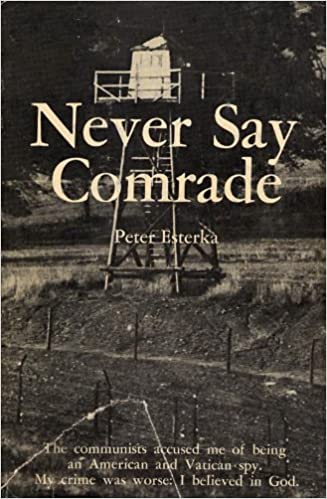
This book was published by Vintage Press in 1967. It tells the story of Peter Esterka who survives the rise of Communist influence with the pledge to "never say comrade", words that were synonymous with his unwillingness to exchange the faith of our fathers with the counterfeit atheist worker's "paradise" communism has to offer.
Peter's story takes place in Chekoslovakia in the late 1940s as the Communist party begins infiltrating the work places and academia of this unfortunate country.
As a historical drama this story recounts the true events in the life of Peter Esterka during WWII. It shows the reader how important it is to never compromise with evil. The heroic people who survived this era are examples to us on the importance of resisting evil ideologies during our own time. For this reason, now Bishop Esterka, shared his ordeal.
Peter Esterka is a young man in the beginning of the novel as the story follows his early high school years.
He encounters religious persecution, intimidation at the factory, and threats and punishment during his academic pursuits. He eventually finds himself in a prison camp for always following his conscience and never compromising with evil men who were constantly setting traps for him.
True to life and well written, the reader can't help but imagine how he'd react if presented with the same difficult threats and intimidation.
In fact, there are many heroes facing tyranny now, Norak Djokovi, the tennis player, and those brave the parents in New Zealand who requested their baby receive blood only from unvaccinated donors are only a few of today's heroes who come to mind.
Never Say Comrade was filled with humor and suspense especially as it draws to a climatic close. It was one of the best World War Two books that really helps us understand the climate of the time and how in some way Communism was the greatest evil of the time though Russia masqueraded as an ally to the free people, the children of light.
Helping those who read it keep hope and take courage during the persecutions that may come their way in life is the memory that lingers in this fast-paced novel.
Early Readers Will Enjoy Their First Taste Of The Second World War by Reading These Titles
7. The Small War Of Sergeant Donkey By Maureen Daly
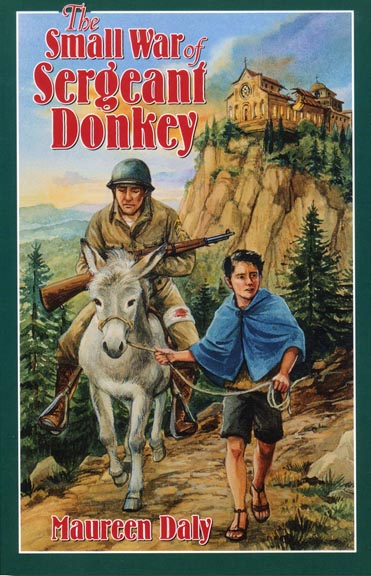
One of the first World War 2 novels that I have ever read was in 4th grade: The Small War of Sergeant Donkey by Maureen Daly.
This charming story will surely entertain the young reader as they follow the young Italian boy (whose name has a fun ring) Chico Felippo as he dodges the dangers that beset Italy during 1945.
The story circles around Chico and his friendship with the American officer, Sergeant Missouri, and the injured American army pack donkey named Sergeant.
But, when Missouri gets hurt, it is up to Chico and Sergeant Donkey to brave the German line and save their friend.
8. The Winged Watchman By Hilda Van Stockum
I read this in 6th grade and to this day it is still one of my favorites and one of the best World War Two books.
The Winged Watchman follows the adventures of the Verhagen family as they rescue children, dress up aviators and schedule weapon droppings with the resistance under the very noses of the Nazis.
The family live under constant danger but, somehow, they always manage to have fun and carry on.
Hilda van Stockum incorporates rich Catholic customs along with Dutch culture to carry the family though the war.
Detailed descriptions on how windmills and dikes work, along with the preciousness of a cigarette during World War II are things that the reader remembers even into his adult years.
9. The Borrowed House By Hilda Van Stockum
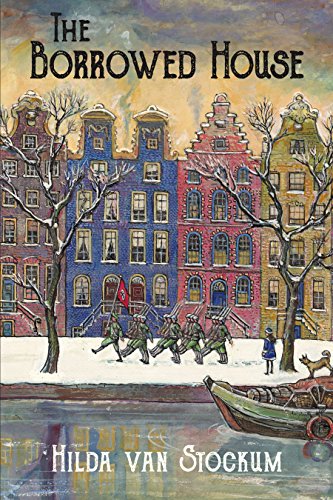
Hilda van Stockum wrote two of the best World War Two books as this next title was penned by the same author as The Winged Watchman.
The Borrowed House shows a side of the war that we are not used to seeing - the German side.
A young German girl moves to Holland and is forced to struggle with the truths of the War.
Janna is not your usual World War 2 character - Hitler is her hero and she believes that Germans are a premier race. It is not until someone opens her eyes to the horrors of the Nazi invasion that she realizes that she had been duped into believing a lie.
10. The Singing Tree By Kate Seredy
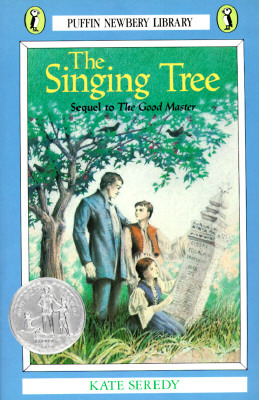
The Singing Tree demonstrates how during times of war it is easy for families to be loving and caring to each other and to their friends. This novel takes this generosity to the next level by showing the Nagy family taking in even their enemies.
Like in The Winged Watchman, the Nagy family welcome all needy friends under their roof. They lovingly care for all of these friends during the war while husbands and fathers are away. But soon they are even welcoming a few people from the countries they are at war with, from German children to Russian soldiers.
After the war has been going on some time, there are so many Russian prisoners that the army cannot take care of them all. So there is a newspaper ad that asks for a few families that will help in the feeding of all the prisoners. So the Nagys, who are always ready to help, take the charge of six Russian prisoners. These Russians soon become very helpful on the farm.
The Nagys later take in a few little German kids. These poor little children come starving for want of food. But they leave plump and happy. The Nagys are loving to all, no matter who they are at war with. The Singing Tree was engaging and the love demonstrated by the Nagy family is admirable.
Subscribe To Our FREE Email Newsletter:
Our Mission
We believe storytelling has the power to shape souls. In a world where mainstream media often undermines faith and virtue, we are dedicated to reclaiming the art of filmmaking for Christ and His Church. Our mission is simple yet bold: to populate the movie industry with good, Catholic films that inspire, uplift, and ignite a love for truth and beauty.
Populating the movie industry with good, Catholic films that inspire, uplift, and ignite a love for truth and beauty.

